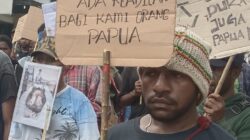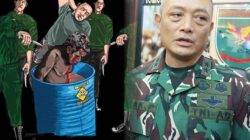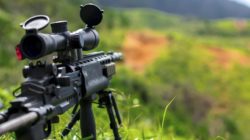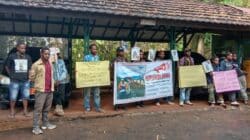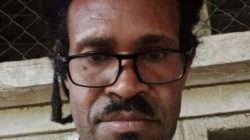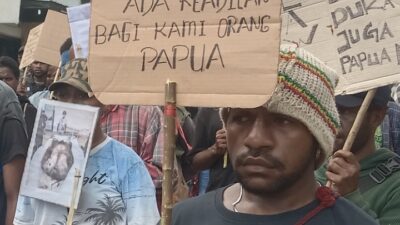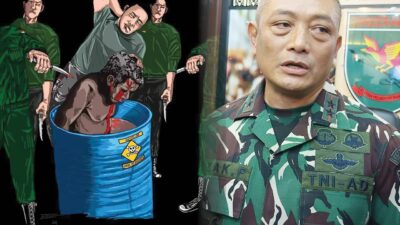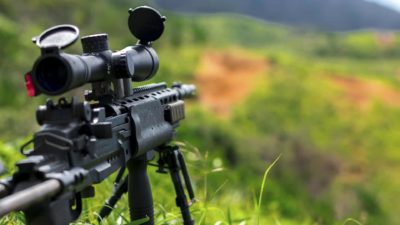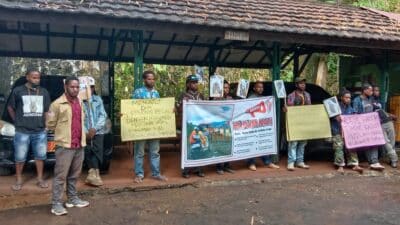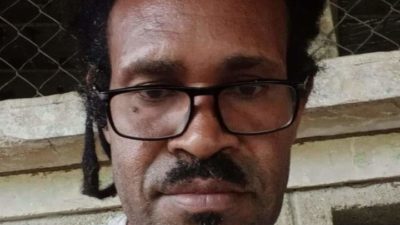Sentani, Jubi – Rev. Benny Giay, the Moderator of the Papuan Church Council, has emphasized the need of a third party to investigate various cases of violence involving security forces in Papua. This third party should examine all related facts and information, including allegations that the victims were members of the West Papua National Liberation Army (TPNPB).
“Those who are arrested or killed are often referred to as armed groups, separatists, terrorists, and other accusations. It is necessary to have a third party to clarify this. There is a lot of violence in Papua now but the media also does not classify it, so we suspect everything,” said Giay in Sentani, Jayapura Regency on Tuesday (16/3/2024).
Giay cited the incident of racial slurs against Papuan students in Surabaya, East Java, in August 2019, which sparked massive demonstrations in various cities in Papua and other cities in Indonesia. Giay stated that when Papuans protested against the racism, they were instead labeled as insurgents.
He also criticized the government’s policy of labeling the TPNPB as terrorists in April 2021. According to him, various labeling is used by state authorities against Papuans, including when Papuans become victims of violence perpetrated by security forces in Papua.
“It is easy for the military and police to label all Papuans as part of an armed violence group, then they arrest, torture, abuse, and kill them all,” said Giay.
He explained that the third party he referred to could be an independent institution, civil society organizations, or independent local, national, or international media.
“As long as the investigation by the third party has not been conducted, there is no one capable of verifying whether the victims are TPNPB members or civilians. The media almost always quotes from the military and police without prior confirmation,” he said.
Giay also criticized the increasing deployment of security forces from outside Papua to Papua, especially ever since the protest against racism in 2019. He argued that over the past four years, the Indonesian government has excessively used security forces in Papua.
“They use security forces to silence democracy, critical voices, and excessively prioritize security approaches. In that context, Papuans are considered separatists, so anyone can be killed or alleged and arrested as part of an armed violence group. How do the security forces know if someone is a member of an armed group? How can they differentiate them from civilians?” Giay questioned.
He further warned that the violence of security forces in Papua would only further obscure the facts of the Papua conflict. For example, the violence used in interrogation processes could lead victims to confess anything to end their suffering quickly.
“And in the interrogation process, they should not be forced to confess to being part of the armeg group. That could happen. Since those security forces are newcomers [to Papua] so they cannot chase the TPNPB, in the end, anyone on the street is suspected, arrested, and then forced to admit their involvement,” said Giay.
Giay called for a thorough review of all information related to security forces’ violence in Papua, including cross-checking with sources from the victims’ families, church networks, and traditional leaders to gather the truth. This is important to ensure that security forces do not use the accusation that their victims are TPNPB members as a way to avoid legal accountability. (*)




